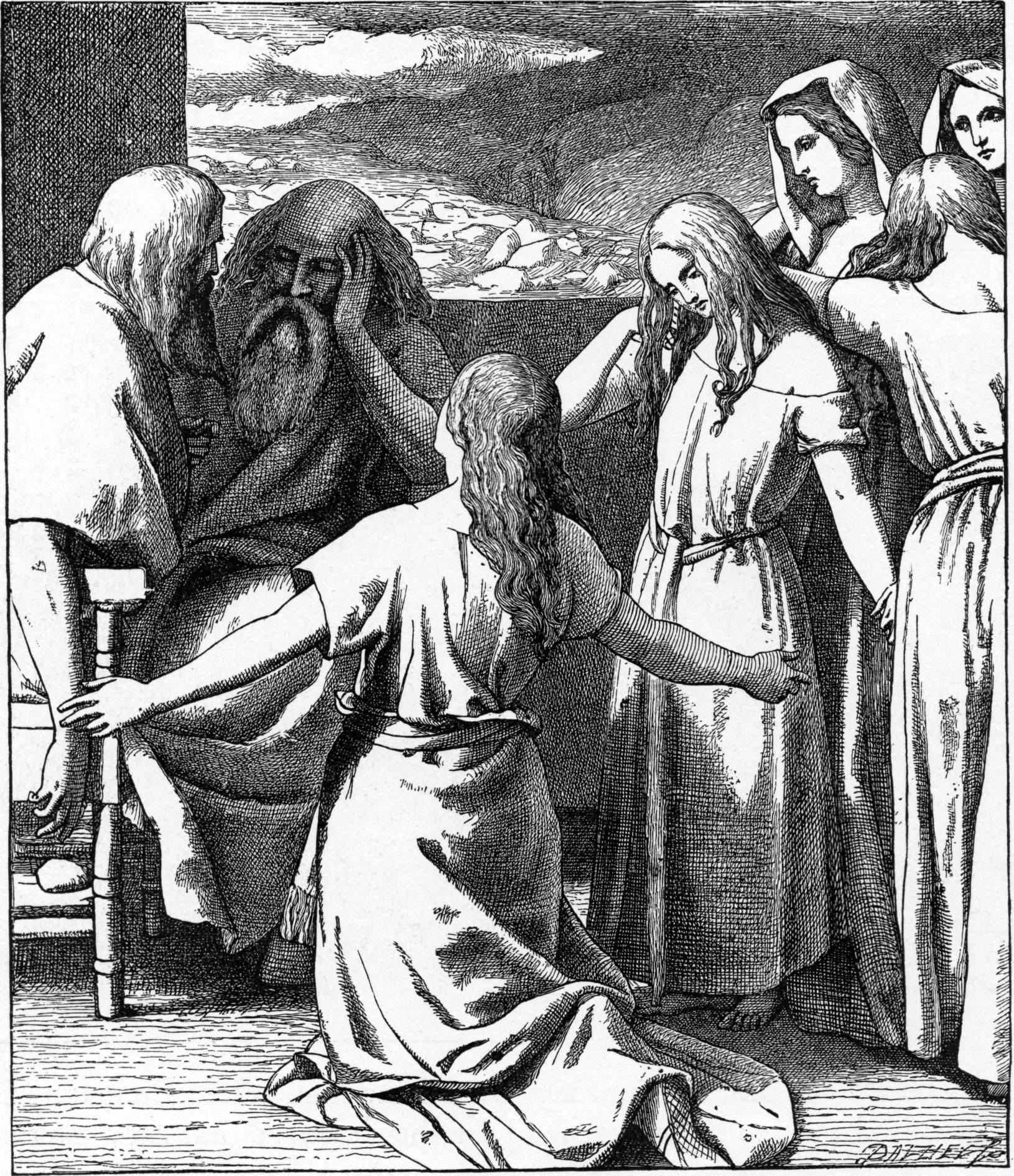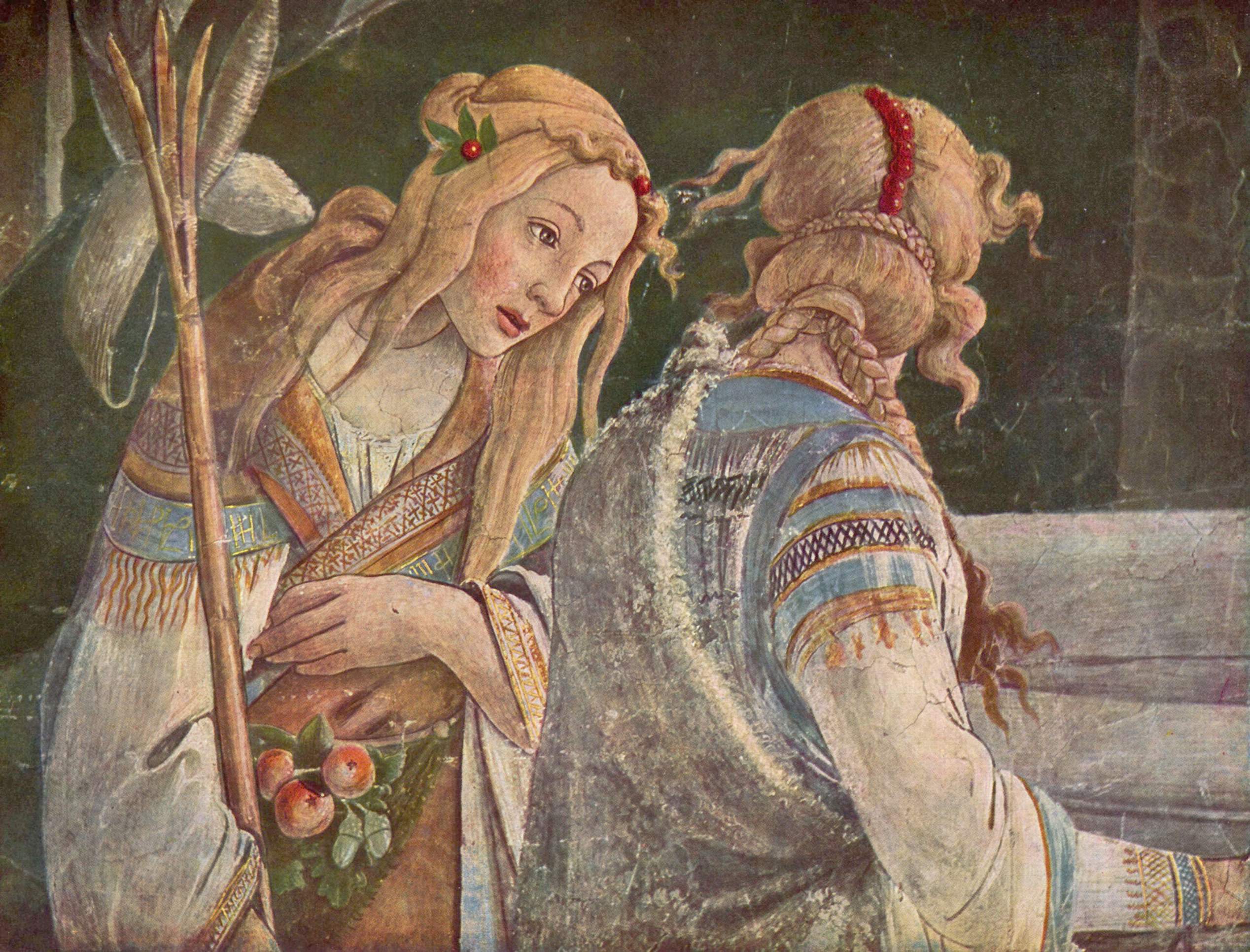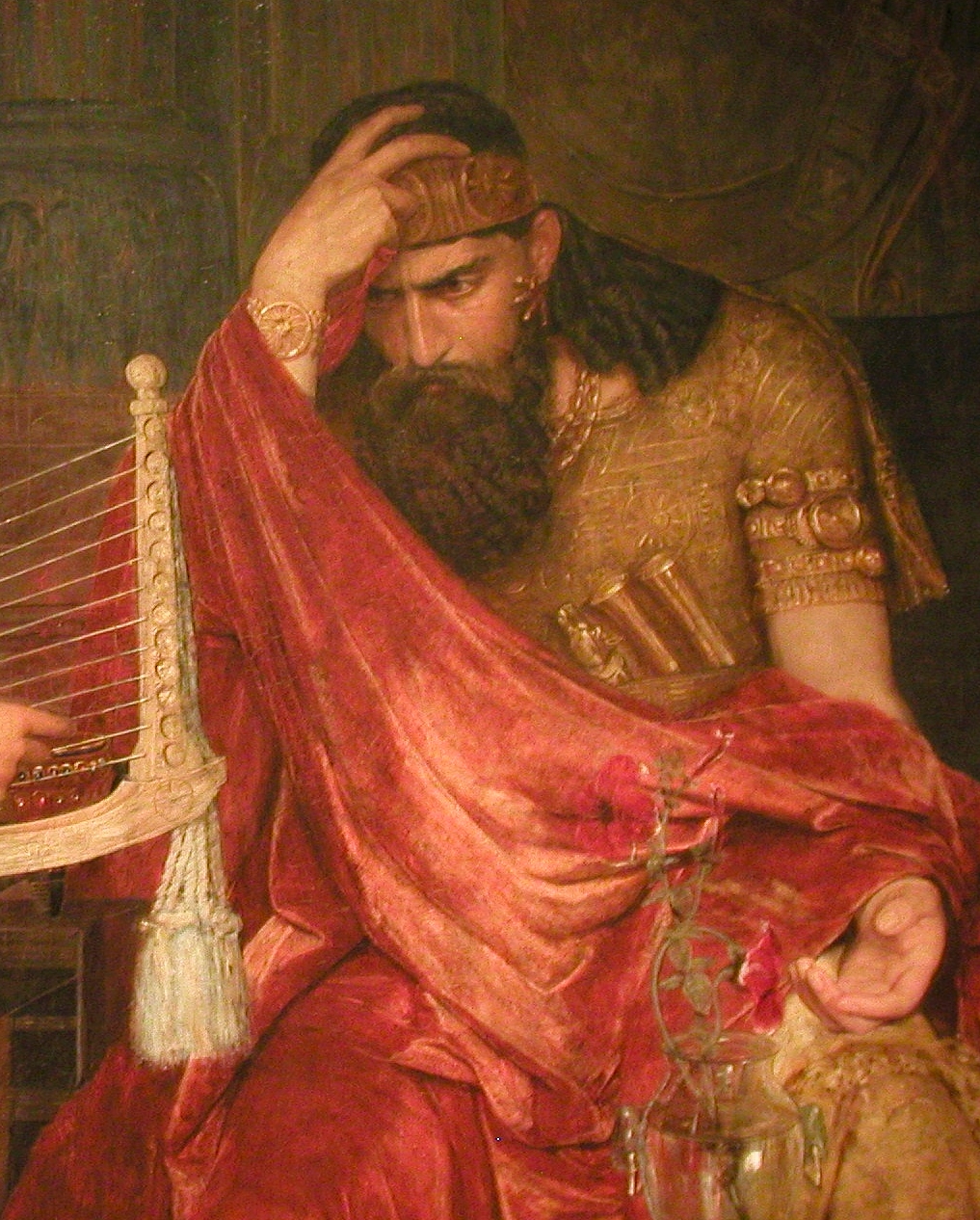
Looking for love
in all the wrong places -
feels like I'm wandering
blind through a desert,
chasing mirages,
consumed by my thirst -
never satisfied.
I once had love
but I did not see it -
didn't recognise what I had.
Instead I set to wandering
towards the greener grass
only to find a desert
on the other side.
So burn me now,
my cuckold husband:
destroy me with your love
that I've turned into hate!
You loved me with a fire -
now it's a flame of rage.
So burn me with the anger
of your jealous revenge!
I once had love
and I threw it away,
looking for love
in all the wrong places.
Why should you accept me
into your arms again?
Why should you lead me
back out of this wasteland?
I know the power
of a man's jealousy -
I cannot expect you to love me again.
So what is this love
greater than jealousy?
What is this love
that overcomes revenge?
What is this love
that comes looking for me
out in this void that I lost myself in?
What is this love
that chases after me
drawing me back
into its arms again?
This is the love
I was looking for:
the love I had all along.
This is the love
I was looking for:
I see you - and I am complete.
______________________________________________________________
[14. July 2016]
"And I will take you for my wife forever; I will take you for my wife in righteousness and in justice, in steadfast love, and in mercy. I will take you for my wife in faithfulness; and you shall know the Lord." (Hosea 2:19-20)
Gomer is the wife of Hosea - an unfaithful wife. At the same time, she is a parable for the unfaithful people of Israel, who have turned away from God to idols, and away from the life God meant for them to a life that harms and oppresses others. The book of Hosea is full of calls back to the relationship with God and to a life of mercy and justice towards others (e.g. Hosea 12:7).
I find interesting how the book of Hosea portrays God's reaction to His people's sin to the reaction of a jealous husband to the wife who was unfaithful to him. Jealousy can be very powerful... I guess the greater the love, the greater the hurt when you find out you've been cheated on. The book of Hosea describes strong feelings of anger. And yet again and again it shows: God is not man; He won't be controlled by anger and jealousy, but goes beyond righteous anger to grace and mercy, giving new chances again and again. God overcomes the pain we cause Him, and invites us back where a human husband probably would have balked (and had a right to - the Bible allows and in places even encourages divorce from an unfaithful partner).
God does feel righteous anger and jealousy - because He loves us, and our unfaithfulness causes Him pain, and seeing us hurt ourselves in our fruitless search for love elsewhere pains Him too. But God is not fixated on anger. He wants to draw us back. That is why He has spoken again and again through the prophets: because He never forsakes us, but wants to win us back to Him again. It's up to us to recognise this love and return to Him. The doors are open!





